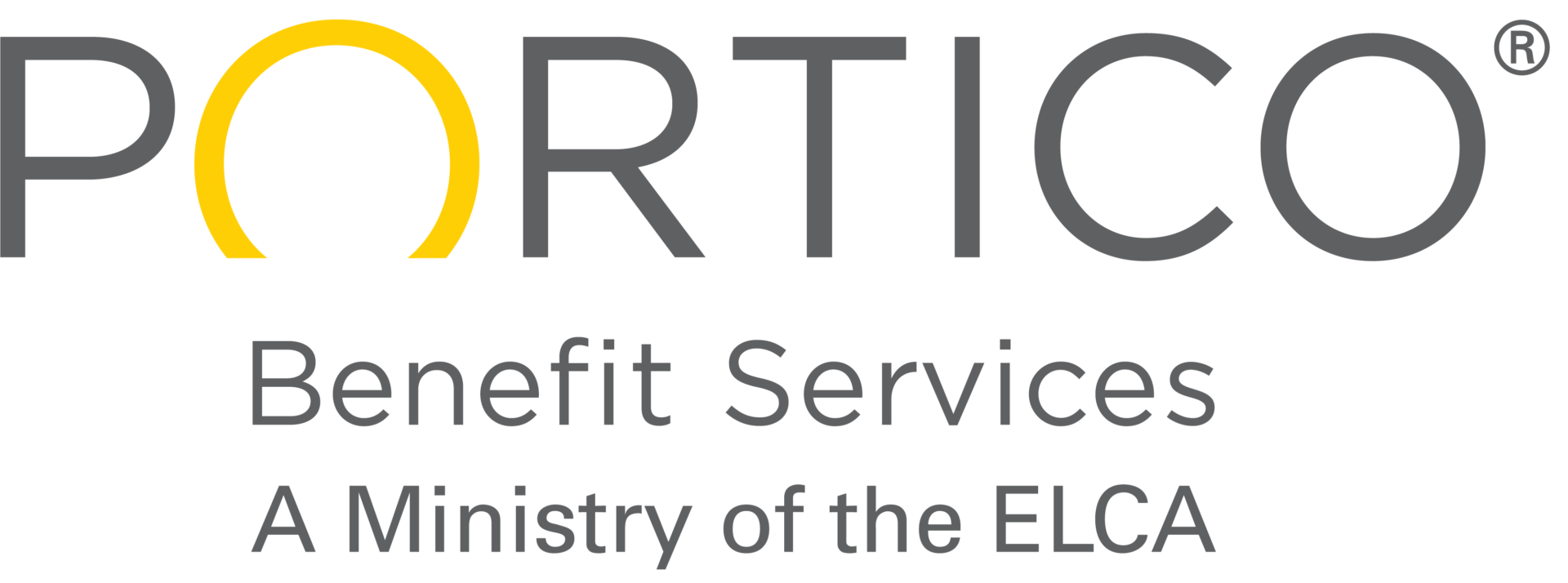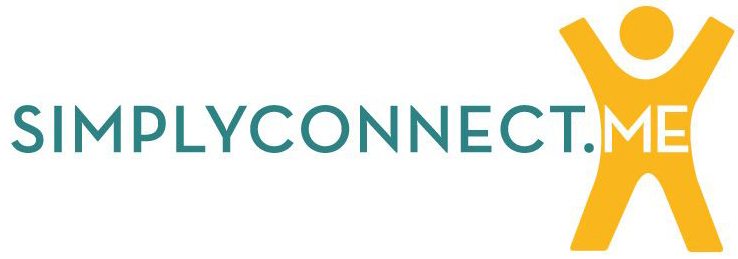This bill would improve access to community health worker services for Medicare and Medicaid enrollees, address preventable diseases and disparities that drive health spending, and improve the delivery of coordinated, whole-person care.
Letters Letter to Congressional Leaders on Community Health Worker Access Act
April 22, 2024











